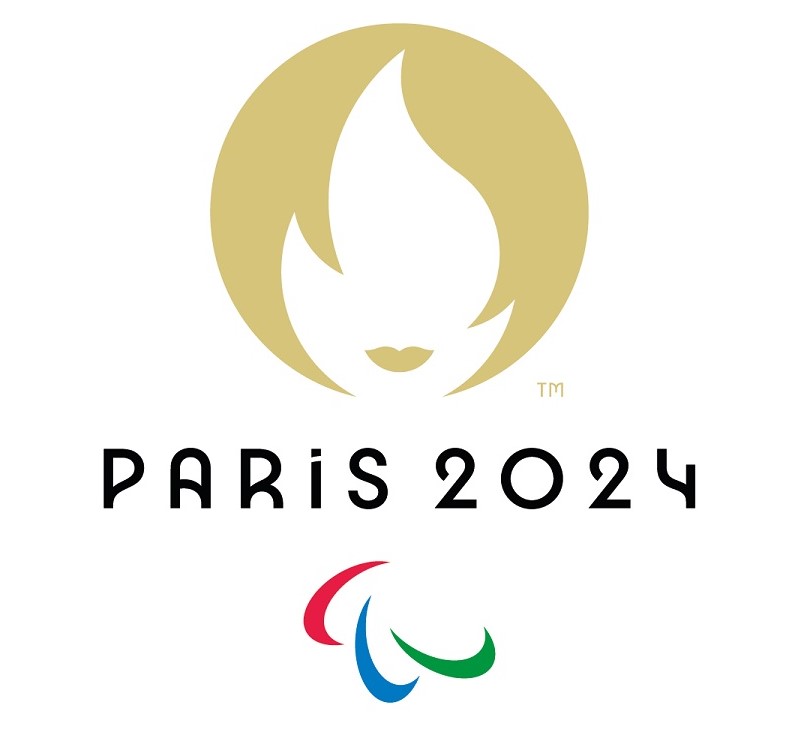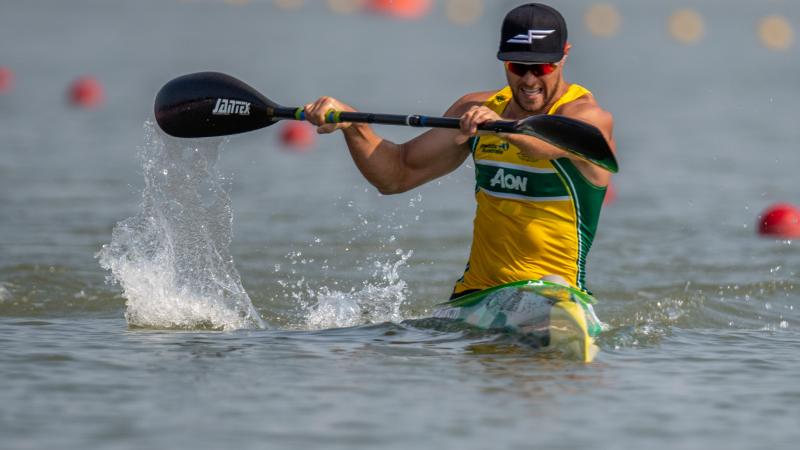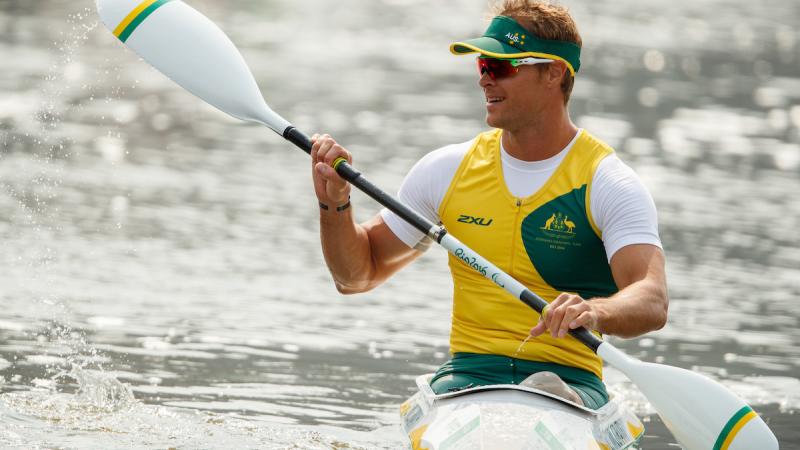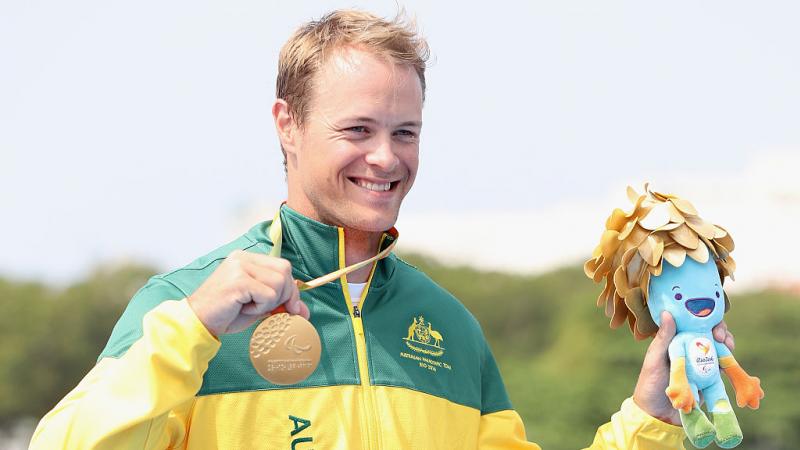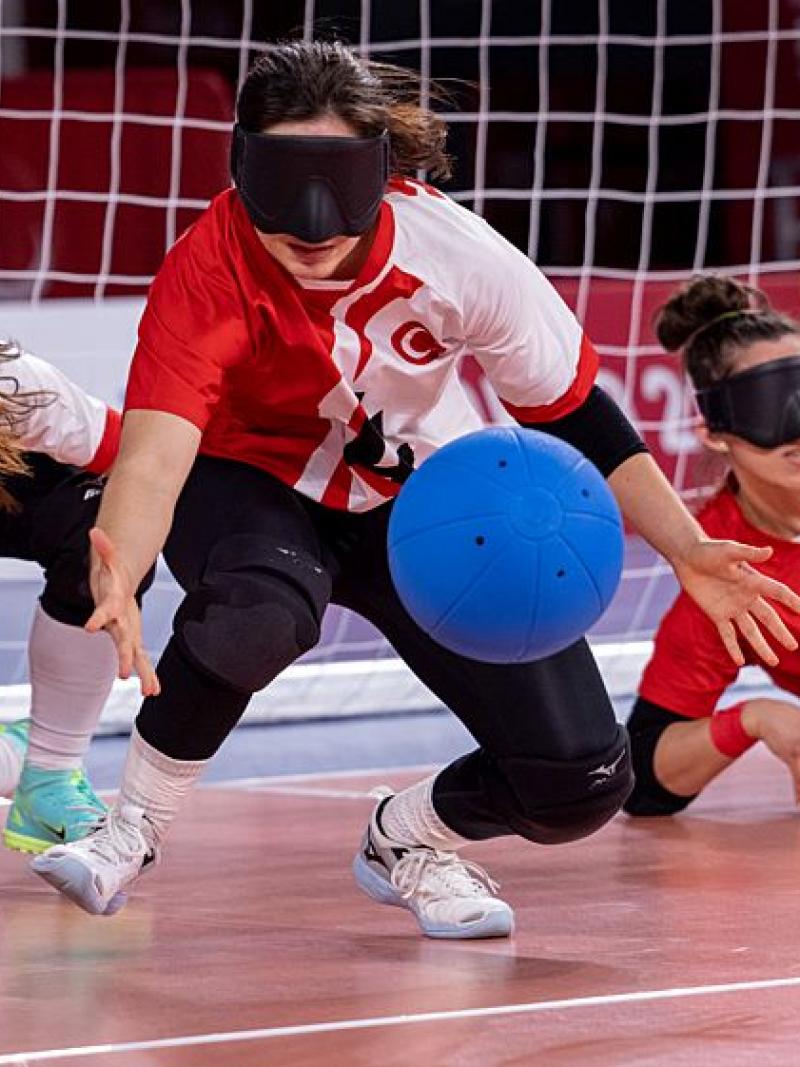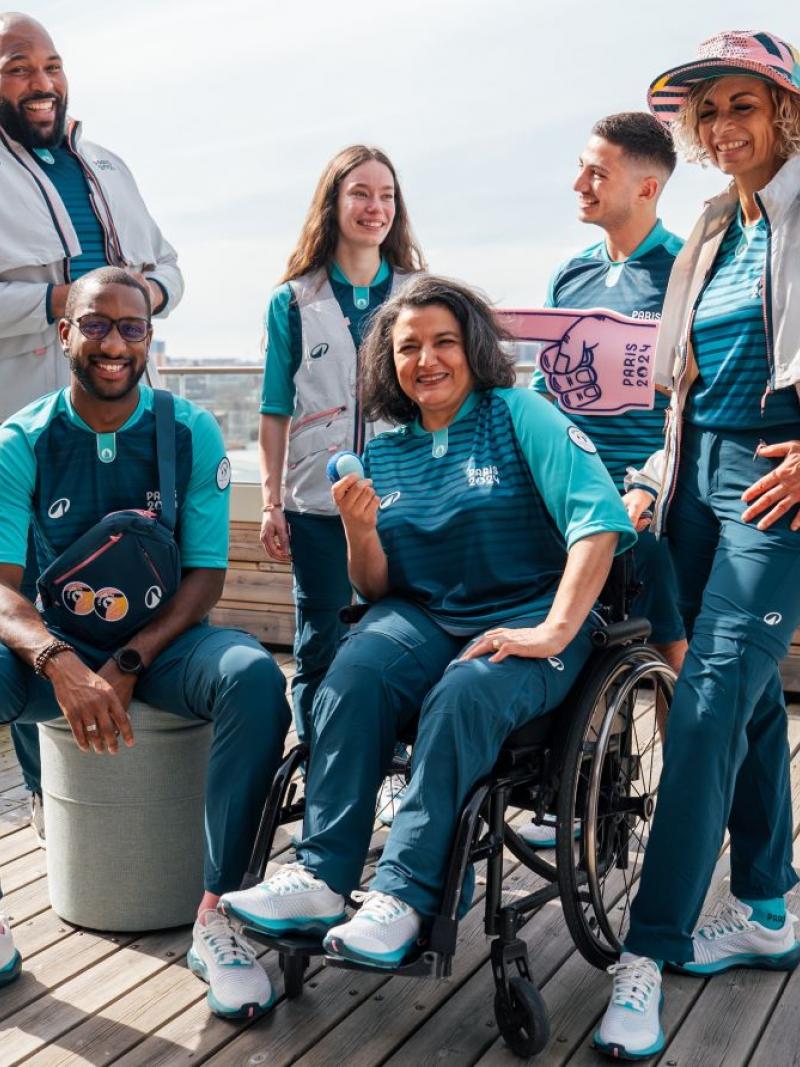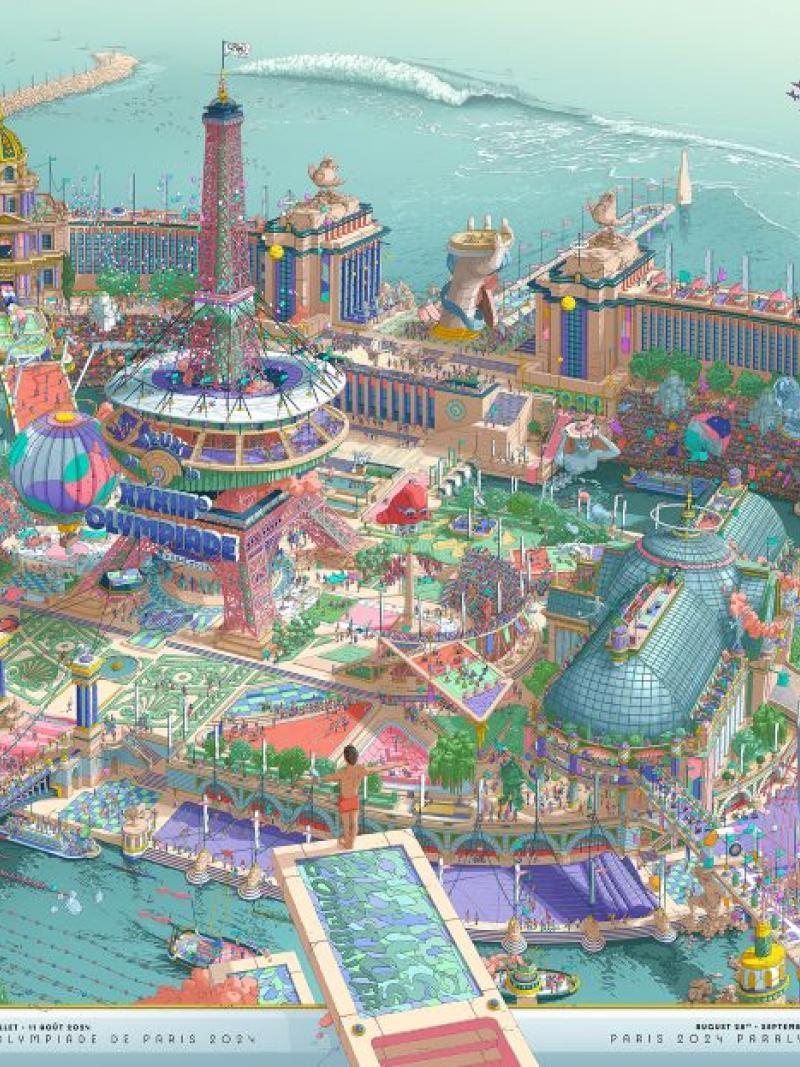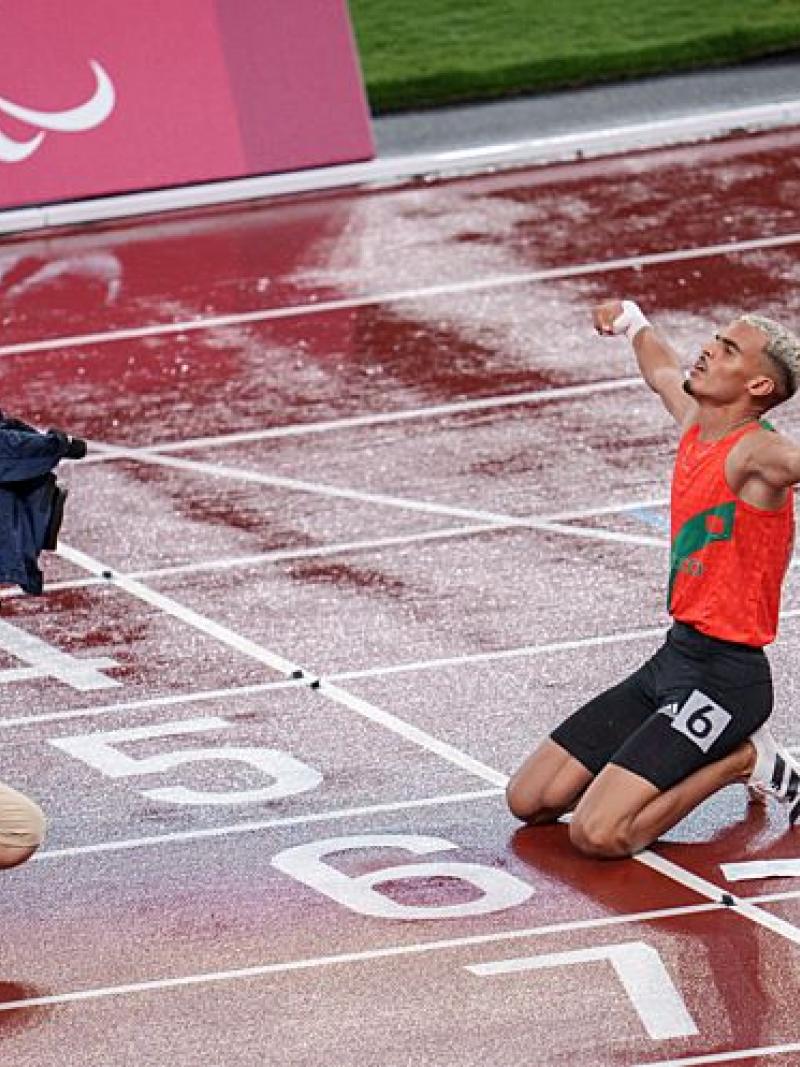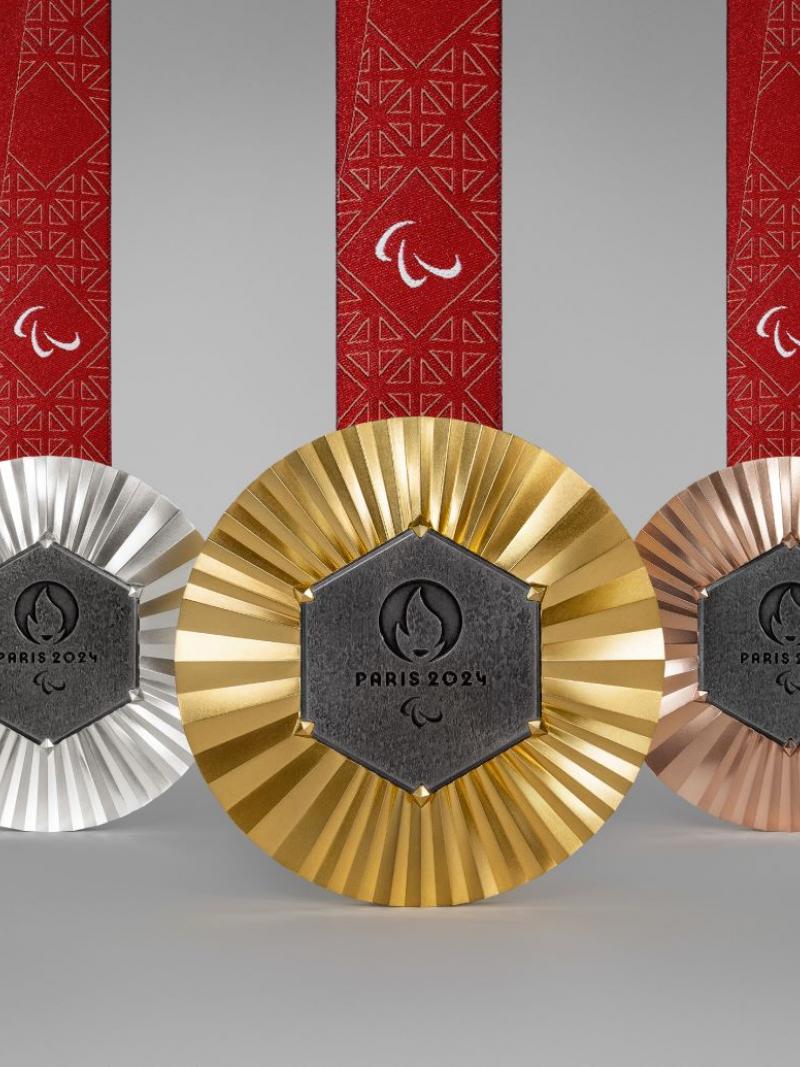Paris 2024: Curtis McGrath training to ‘enjoy every moment’
The multi-Paralympic canoe champion admits the upcoming Games could be his last as he aims to cement golden odyssey 02 Apr 2024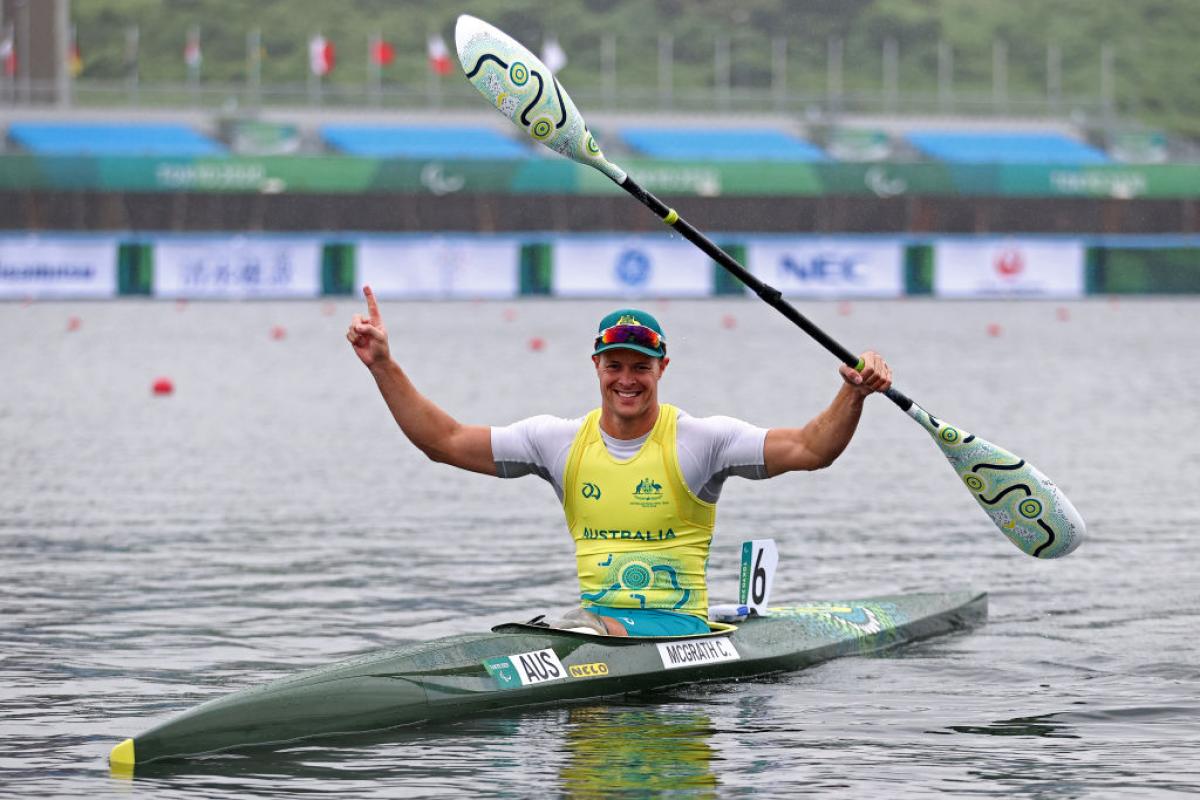
With the Paris 2024 Paralympics just a few months away, reigning men’s Para canoe KL2 and VL3 champion Curtis McGrath has stepped up his training ahead of his title defences in the French capital.
“It’s pretty hard,” he said of his six-days-a-week, two-to-three-times-a-day training regime.
Taking a break
Preparations for the Australian’s third Paralympics started out slightly differently to previous editions, after he took a year off following Tokyo 2020, despite there being just three years until the next Games.
“I was a bit a sore. The body needed to recover, the mind needed to recover, and I was pretty keen to just have a rest and get away from the sport,” he explained.
“Not that I was annoyed with it, just tired from the effort of rocking up every day to be better than you were the day before. That’s really hard.
“It was great having the opportunity to kick back, enjoy time with family and friends and do the things you’re not able to do when you’re training and competing: watch a movie or TV show, play some Playstation, go for a walk, have a swim at the beach, cook some food – whatever you can to take your mind off things.”
Not the sport was ever far from McGrath’s mind. “I also learnt how to sit ski,” he said. “That was pretty cool.”
Dedication to details
The specifics of training for Paris, however, have meant turning up the heat.
“It’s been pretty hot down here in Australia this summer, giving an added element to our training. When it comes to racing it’s all about power and output because it’s only 200 metres long.
“After competitions, we go into more of an endurance phase, so the training is not as intense. Sometimes we do 10-kilometre efforts, getting the feel for the boat, because there’s a lot of technique and finesse to Para canoe.
“I’m usually out on the water with a teammate, Dylan Littlehales. He’s a K3 paddler [Para canoeist competing in the K3 category]. He’s a little bit ahead of me most of the time so it’s nice to chase someone and I push him pretty well.
“Then we’re in the gym three times a week: bench pulls, bench presses – the standard exercises – then a lot of core exercises because that’s where a lot of our power comes from.”
Such a gruelling schedule requires an equally rigorous mental approach. “I believe that success comes with discipline, not motivation,” McGrath said.
“Motivation is the dangling the carrot of what you want to achieve. Discipline is what gets you through the hard times.
“If you wake up in the morning and you’re not feeling it, you know champions don’t sleep in; they get up and get the work done, do the things they don’t want to do like they do want to do them. It’s a difficult process to push yourself into, but with discipline you can really achieve a lot.”
Joy in the journey
McGrath was born in New Zealand and represents Australia, but his journey to becoming a Paralympian began in Afghanistan, after he lost his legs in an IED explosion in 2012 while serving in the army.
“Para canoe changed my life because it gave me my identity as well as a purpose, which has really helped me. That’s not to say it was easy.
“What I love most about my sport is getting out on the water, in the environment. It’s so peaceful. You can get out there and paddle with friends and have a chat or make it all about high performance and not have any words to say because we’re puffing so hard.”
McGrath first picked up the paddle again in 2013, made his competitive debut in 2014 and was world champion by 2015, qualifying for Rio 2016.
“For me, competing at the Paralympic Games meant that I was back; I had come full circle from injury, become myself against. The feeling I got when I crossed the line and won gold [in the KL2 class] was not what I expected.
“I expected joy and celebration, but what I actually got was a huge wave of relief, that all the recovery work we’d put in had paid off. That made me realise that the Paralympic Games are about more than what I achieved. It was a pretty special time.”
It got even better in Tokyo, as McGrath won gold in V1 canoe as well as kayak.
“Obviously Covid had affected a lot of people’s training environment and ability to compete,” he said, “so lining up was a huge achievement, and it was an amazing experience.”
Last paddle in Paris?
McGrath admits the short-term goal is “to win two golds in Paris” but has he allowed himself to dream of competing in the Paralympic Games his home state of Queensland in 2032, when he will be 44?
“I haven’t! I might be there but probably not – it’s a long way away.
"I think Paris will be my last Games and I want to enjoy every moment of it. [After having no fans in Tokyo] it’s going to be pretty special racing with our friends and teammates watching on.
“To become a Paralympic champion takes a lot of hard work, some sacrifices, a sore body, time away from family. You have to be really committed and know what you want to achieve... But it’s all about the journey.”




